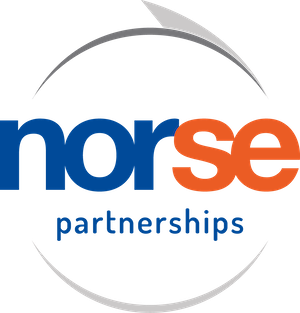Don’t miss the boat: Round 3 LUF bidding deadline approaches
Daniella Barrow, senior director at Norse Consulting, believes that many local authorities lack the resources necessary to make full use of levelling-up funding, and that partnership working holds the key.
There has been much criticism of the first round of levelling-up funding, with less than 10% of the money allocated actually being spent.
Some of the delay in using the first round’s cash can be put down to the long-term nature of the various projects, but I believe that many councils are struggling with implementation owing to a severe lack of the resources needed to deliver these significant infrastructure and regeneration projects.
For some time now, local government finances have been under the cosh: following the years of austerity, we have faced a pandemic, the cost-of-living crisis and sustained high inflation. These challenges, together with the long-running resource and skills shortage, means that councils have lost a lot of the institutional intelligence they need to deliver the type of regeneration projects at which levelling-up funding is aimed.
It is likely that, following the recent announcement of Round 3 LUF funding, the bidding process will commence this autumn, so it is important that we embrace the opportunity and ensure there is time to submit high-quality bids to leverage greater success. Local authorities will need to submit proposals detailing how they will allocate funding to meet the government’s criteria. This will require people with the requisite skills in design, project management and asset management – the very people currently in short supply.
To overcome these challenges, while retaining control and accountability, councils will need to consider combining private sector skills – such as master planning, options appraisals and feasibility studies to help shape and deliver the bid – together with strong in-house skills and local expertise in project and programme management.
This type of joint approach will help provide evidence of scheme feasibility and its effect as an economic catalytic, while incorporating social value to present a compelling evidence-based case.
At Norse Consulting, working closely with local government, we have a long track record of delivering similar infrastructure and regeneration projects. Via transactional commissions, we have provided short-term resources for immediate needs, and, through longer-term formal partnerships, combined our own and local authorities’ resources and skill sets. This joint venture model offers a different, more effective way to meet the levelling-up requirements.
Our partnership with Brentwood Borough Council is delivering a project similar to a levelling-up scheme – a sustainable, net-zero-carbon housing development that not only provides high-quality homes but also contributes to the broader goals of community regeneration and economic growth.
The Brookfield Close project grew rapidly from a seed in August 2020 to a planning application validated in December 2020, receiving full planning approval by June 2021. This impressive timeline demonstrates how joint working can deliver projects efficiently and cost-effectively in major projects with similar requirements to the LUF process.
Sustainability and social value are core components of the programme, with the inclusion of green and blue infrastructure, sustainable drainage systems and a focus on carbon reduction in the built environment – exactly the type of project funded by Levelling-Up 3.
Local authorities need to act now in addressing the resourcing issues, and consider partnership working to make the most of levelling-up funding – or risk missing the boat.


